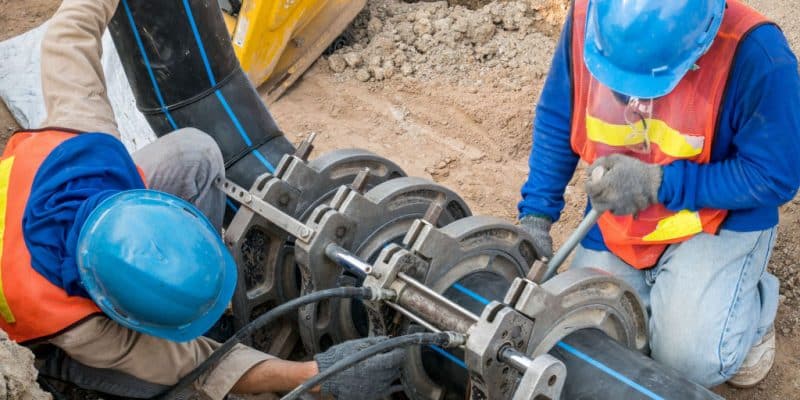With seven years to go before the United Nations (UN) deadline for universal access to safe drinking water, sanitation and hygiene in the world, the Water, Sanitation and Hygiene (WASH) Academy is being created to accelerate this process in Africa. Its missions were presented at the 21st Congress of the African Water and Sanitation Association (AFWASA) held recently in Abidjan, Ivory Coast.
The United Nations (UN) Sustainable Development Goal 6 (SDG6) aims to achieve universal and equitable access to safe drinking water, sanitation and hygiene by 2030, especially for vulnerable populations. With seven years to go, Africa is still far from achieving this goal. “In 2022, an average of 418 million people out of Africa’s 1.3 billion still lacked even basic drinking water, 779 million people lacked basic sanitation (including 208 million who still practise open defecation) and 839 million people lacked basic hygiene,” says UNICEF. It is to support the efforts of African governments that the Water, Sanitation and Hygiene (WASH) Academy is being created.
Read also –
The Academy was presented during the 21st Congress of the African Water and Sanitation Association (AFWASA), held from 19 to 23 February in Abidjan, Ivory Coast. “We looked at what the AAEA could use to build confidence in the leadership development of African water service practitioners, and that’s how the idea for the academy came about,” says Silver Mugisha, AAEA president.
First sites opened in Rwanda and Senegal
The academy will promote sound management practices and favourable decision-making in the water sector, mainly through classroom training, seminars, workshops and conferences. “There will be Africanised programmes adapted by expertise and quality assurance mechanisms. Time is against us. We need to achieve this by 2030,” says Hamanth Kasan, chair of the AAEA’s strategic capacity building committee.
The main targets are youth and women, who are most vulnerable to water shortages and inadequate sanitation and hygiene services. These students will also integrate health programmes and other initiatives, including those related to cholera, climate change, emergencies, nutrition and water security to increase synergies and impacts across the continent.
With a budget of €5 million, the Wash Academy will train Rwandans and Senegalese in its pilot phase through local sites. The success of this project stage in these two countries, respectively located in East and West Africa, will guarantee its expansion to other African states.
Inès Magoum






